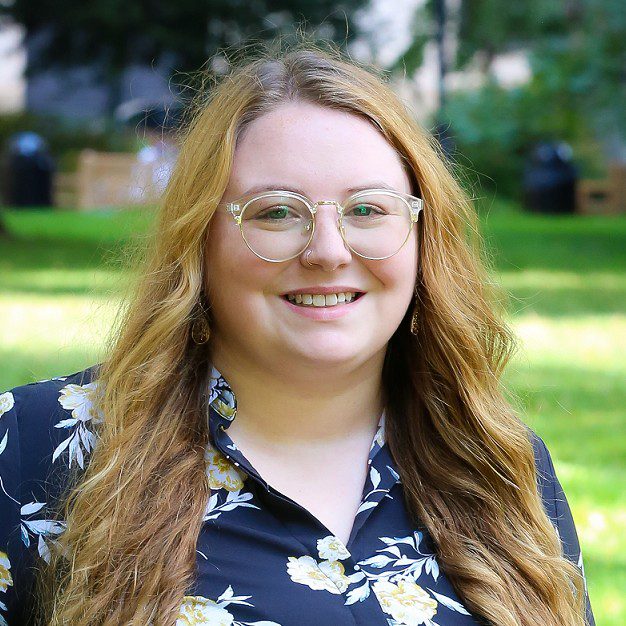Mentor Families are Paving the Way for Health Equity

April 8, 2024
Today, Black individuals comprise more than 12% of the US population, but their presence in crucial health fields—such as medicine, nursing, and pharmacy—ranges from a mere 3% among physical therapists to 11% among respiratory therapists. This stark discrepancy underscores the challenge young Black students face: the lack of exposure to Black physicians and health care professionals who can serve as role models and help them envision health career paths.
While the roots of this issue are complex, mentoring emerges as a pivotal element in nurturing health career aspirations and accomplishments, particularly for students from communities under-represented in medicine. Dr. Monica Yepes-Rios, assistant dean for diversity, equity, and inclusion for students and associate professor of medicine at the Cleveland Clinic Lerner College of Medicine of Case Western Reserve University, is leading an inspiring initiative to cultivate the future leaders of medicine.
The Building Trust through “Mentor Families” program targets high school students who live in Northeast Ohio communities that have been historically marginalized and who aspire to pursue health care careers. The program is funded through the Building Trust: Advancing Health Equity grant program.
Under the guidance of undergraduate and medical students from Case Western Reserve University School of Medicine and the Cleveland Clinic Lerner College of Medicine, and alongside residents, fellows, faculty, and staff, the program delivers eight modules during the academic year to engage and empower high school students.
Participants are organized into “families” consisting of 3-4 high school students, 2-3 undergraduates, and 1-2 medical students. These intergenerational groups meet regularly throughout the academic year, fostering enduring relationships and providing support as students explore career options and plan their undergraduate education. Internal medicine residents help lead many of the sessions, giving high schoolers a vision of a career in medicine.
“The Building Trust through ‘Mentor Families’ program is an incredibly rewarding experience,” said Dr. Yepes-Rios. “It brightens your day to see the spark in the eyes of high school students who get to see themselves as future college students, medical students, and even internal medicine residents, and tell themselves ‘I too can do this!’”
Building Trust through “Mentor Families” extends the groundwork of the Horizons at CWRU program, which focuses on an internal medicine path for students. The program’s second year has featured consistent participation from 15 high school students, 42 undergraduates, and 20 medical students. Strategic partnerships with the Cleveland Metropolitan School District and the Cleveland Clinic’s Center for Youth and College Education (CYCE) have expanded resources and career exploration opportunities for students.
The program leaders plan to expand its reach to other area high schools and are also considering launching a pilot initiative in middle schools, aiming to instill health care aspirations at an earlier stage. Beyond a mere program, Building Trust through “Mentor Families” cultivates a supportive community, empowering the next generation of health care professionals and advancing diversity and equity within the health care system under Dr. Yepes-Rios’ leadership.



